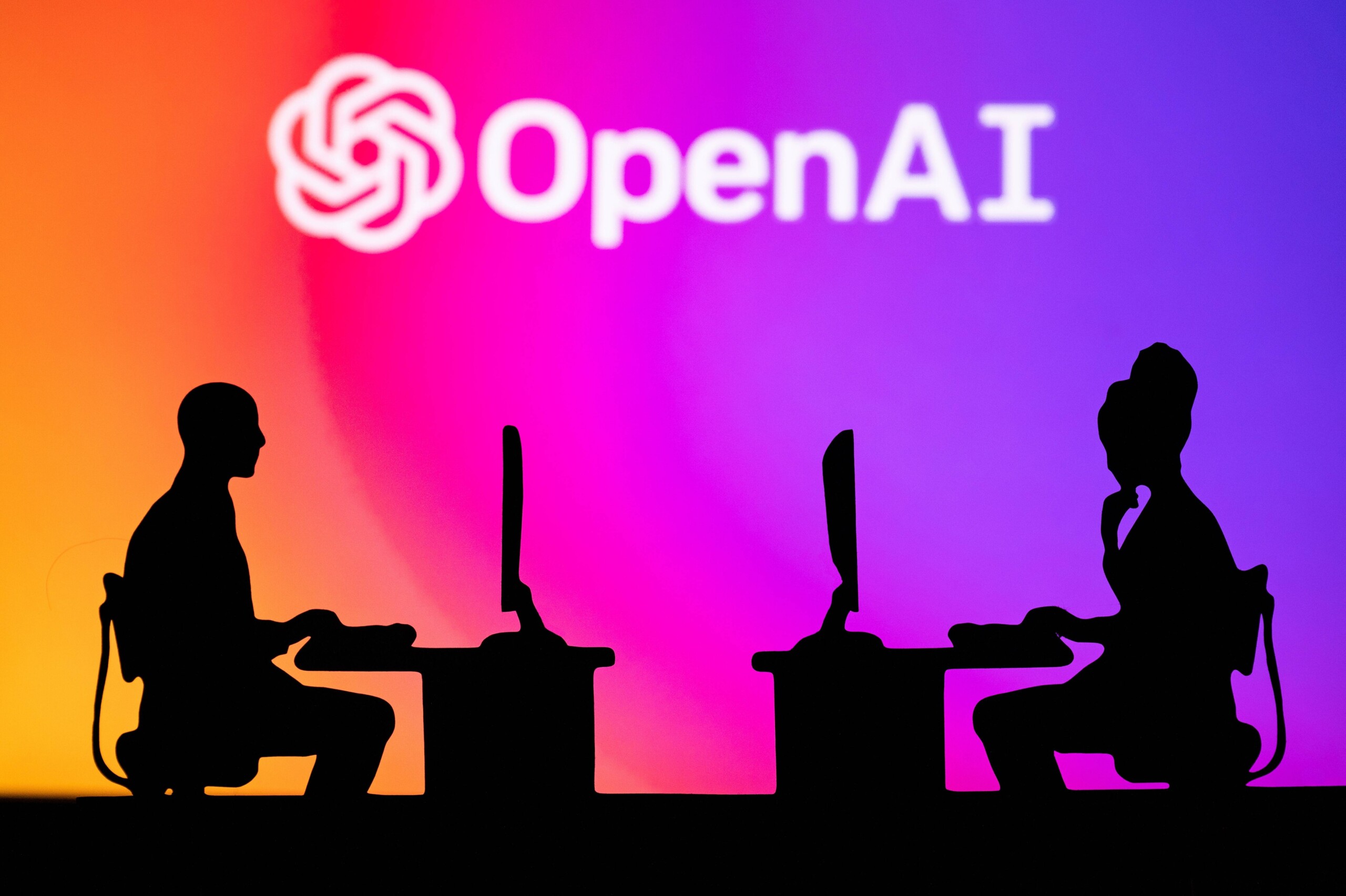If the choice of shaping the future of work is emphasized as “not a predetermined destiny” by Microsoft in a recent publication, one might question why Microsoft is so insistent on promoting its particular vision of this impending reality.
The document from Microsoft, titled “New Future of Work,” surfaced recently, suggesting a shift in focus from pondering the how of AI’s impact on work to contemplating how we desire it to influence our work environment. However, rather than providing a thorough analysis of how AI will transform the workplace, the report appears more inclined towards promoting the value of Microsoft’s substantial $13 billion investment in OpenAI.
Acknowledging the challenges associated with AI, the document concedes that while AI can accelerate certain tasks (claiming a 37 percent increase in writing task speed, for instance), it can also introduce inaccuracies in other areas of work. Research referenced in the report indicates a 19 percent decline in accuracy among experts from Boston Consulting Group when utilizing large language models – a concerning revelation for a prominent consulting firm.
Echoing past assertions by Microsoft, the report presents a problem, potentially exacerbated by Microsoft’s contributions to OpenAI’s ascension, as one that only Microsoft can resolve.
Delving deeper into the report, Microsoft promotes its remedy for the inaccuracies stemming from large language models: Copilot. Positioned as a solution ready to intervene and assist, whether solicited or not.
Similar to other large language models, Microsoft highlights that “users also report Copilot reduces the effort required,” citing an internal study. Additionally, Microsoft asserts Copilot’s purported superiority, suggesting that its impact on quality is predominantly neutral. While “mostly neutral” may not be an overwhelmingly positive endorsement, it still posits Copilot as a remedy for AI-related challenges.
According to Microsoft, a survey involving enterprise users with access to Copilot indicated significant perceived time savings. However, the use of the term “perceived” raises questions about the actual efficacy of Copilot. Furthermore, Microsoft claims that “68 percent of respondents agreed that Copilot actually improved the quality of their work.”
Nevertheless, doubts have been raised since the introduction of Copilot Pro earlier this month – a premium version of the OpenAI-powered large language model bot that integrates with M365 products. Criticisms have surfaced regarding its performance, pricing, and the perception that it is a solution seeking a problem.
Microsoft has positioned Copilot as a coding tool as well, asserting that a study involving GitHub Copilot users demonstrated enhanced speed, coupled with positive feedback from developers regarding the capabilities of AI programming assistance.
Contrary data, however, suggests that AI may contribute to code complexity. Reports indicate that AI coders like GitHub Copilot tend to propose new code without recommending the removal or modification of existing segments. This trend towards expanding codebases without streamlining existing code poses challenges.
The report also references research suggesting that large language models provide the most assistance to less experienced workers. However, a subsequent revelation in the report indicates that minor differences in writing prompts can yield vastly different outcomes.
The effectiveness of prompts generated by ChatGPT-based Copilot in producing accurate information remains a pertinent concern. Microsoft introduces “Copilot Lab” as an initiative to aid individuals in effectively interacting with large language models by offering a selection of suggested prompts.
In essence, users are left to hope that prompts generated by ChatGPT-based Copilot are precise enough to yield favorable outcomes, rather than erroneous results.
Microsoft’s Imposition of a Predetermined Future
Microsoft’s report was released prior to the recent integration of Copilot into M365 and Microsoft’s attainment of a $3 trillion valuation, following Apple as the second company to achieve this milestone. Microsoft’s surge in market capitalization has been attributed to its extensive integration of AI technologies.
Considering Microsoft’s robust investment in AI, it is understandable why the company is vigorously promoting its AI initiatives. Nonetheless, this fervent push has attracted regulatory scrutiny that could potentially alter the trajectory.
The US Federal Trade Commission announced an investigation into Microsoft’s investment in OpenAI, alongside similar inquiries into AI investments by other tech giants. The European Commission and UK Competition and Markets Authority have also initiated investigations to assess the potential anticompetitive implications of the Microsoft/OpenAI partnership.
The report concludes with a reminder that the future of work is a matter of choice, not predetermined fate, urging contemplation on AI’s role in shaping this future.
Microsoft muses on the perspectives of key AI players regarding the future of work and points to OpenAI’s charter and its own Copilot vision as potential pathways forward. However, the report overlooks potential scenarios where AI misuse could lead to the dissemination of misleading information and impact creative industries due to data scraping practices.
In the absence of such considerations, a future dominated by Microsoft and OpenAI’s AI technologies, without due regard for quality, appears imminent.
Hence, while the choice of defining the future of work may ostensibly lie with individuals, the terms and conditions are likely to be dictated by Microsoft and OpenAI, should they have their way.






